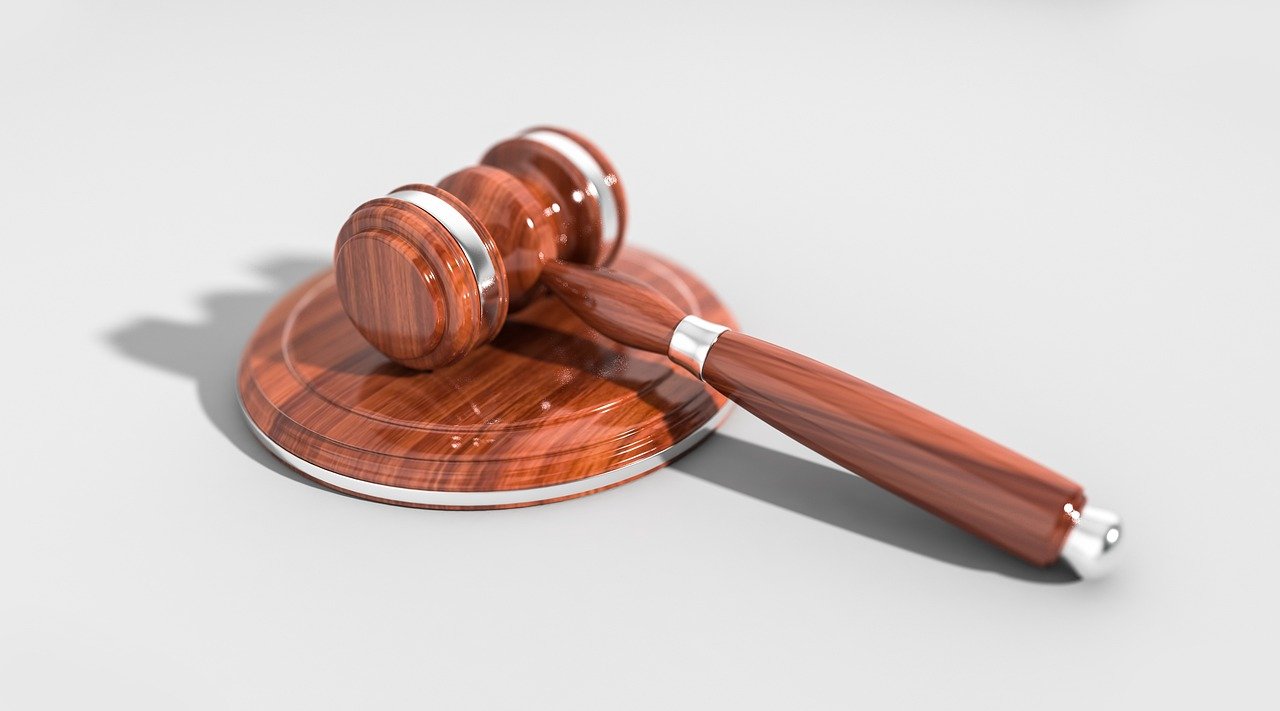Keeping a porcupine as a pet comes with responsibilities, and understanding the legal requirements surrounding their ownership is crucial. Regulations vary, and compliance is essential to ensure the well-being of both the porcupine and the owner. In this comprehensive guide, we’ll explore the legal considerations and requirements for keeping porcupines as pets.
1. Research Local and State Laws:
- Before acquiring a porcupine, thoroughly research local and state laws regarding exotic animal ownership. Regulations may vary, and some places may require specific permits or licenses.
2. Check Zoning Restrictions:
- Zoning laws often dictate whether exotic pets, such as porcupines, are allowed in certain areas. Check with your local zoning office to determine if there are any restrictions on keeping porcupines as pets in your location.
3. Understand Federal Regulations:
- Be aware of federal regulations that may impact porcupine ownership. The U.S. Department of Agriculture (USDA) may have guidelines for the care and transportation of exotic animals.
4. Secure Necessary Permits:
- Some jurisdictions require permits for owning exotic animals, including porcupines. Obtain the necessary permits and licenses as per local and state regulations.
5. Import and Export Restrictions:
- If acquiring a porcupine from another state or country, understand import and export restrictions. Compliance with these regulations is vital to prevent legal issues and ensure the ethical treatment of the porcupine.
6. Liability and Insurance:
- Check if your homeowner’s insurance or a specific exotic pet insurance policy covers the ownership of porcupines. Liability concerns may arise, and being adequately insured can protect both you and your porcupine.
7. Animal Welfare Laws:
- Familiarize yourself with animal welfare laws to ensure that you meet the ethical and humane standards for porcupine care. Compliance with these laws is essential for responsible ownership.
8. Licensing and Registration:
- Some jurisdictions require exotic pet owners to register their animals with local authorities. Ensure that you comply with any licensing and registration requirements in your area.
9. Legal Consequences of Improper Care:
- Understand the legal consequences of neglect or improper care. Animal cruelty laws apply to exotic pets, and legal action may be taken if neglect or abuse is reported.
10. Educate Yourself on Legal Rights:
- As a porcupine owner, educate yourself on the legal rights of exotic animals. Advocate for their ethical treatment and conservation while being aware of any legal protections in place.Owning a porcupine is a unique and rewarding experience, but it comes with legal responsibilities. Before bringing a porcupine into your home, research and comply with local, state, and federal laws governing exotic animal ownership. This comprehensive guide is a starting point to help you navigate the legal requirements, ensuring that your porcupine is kept legally and ethically, promoting their well-being and conservation. Always stay informed and work towards being a responsible and law-abiding porcupine owner.



